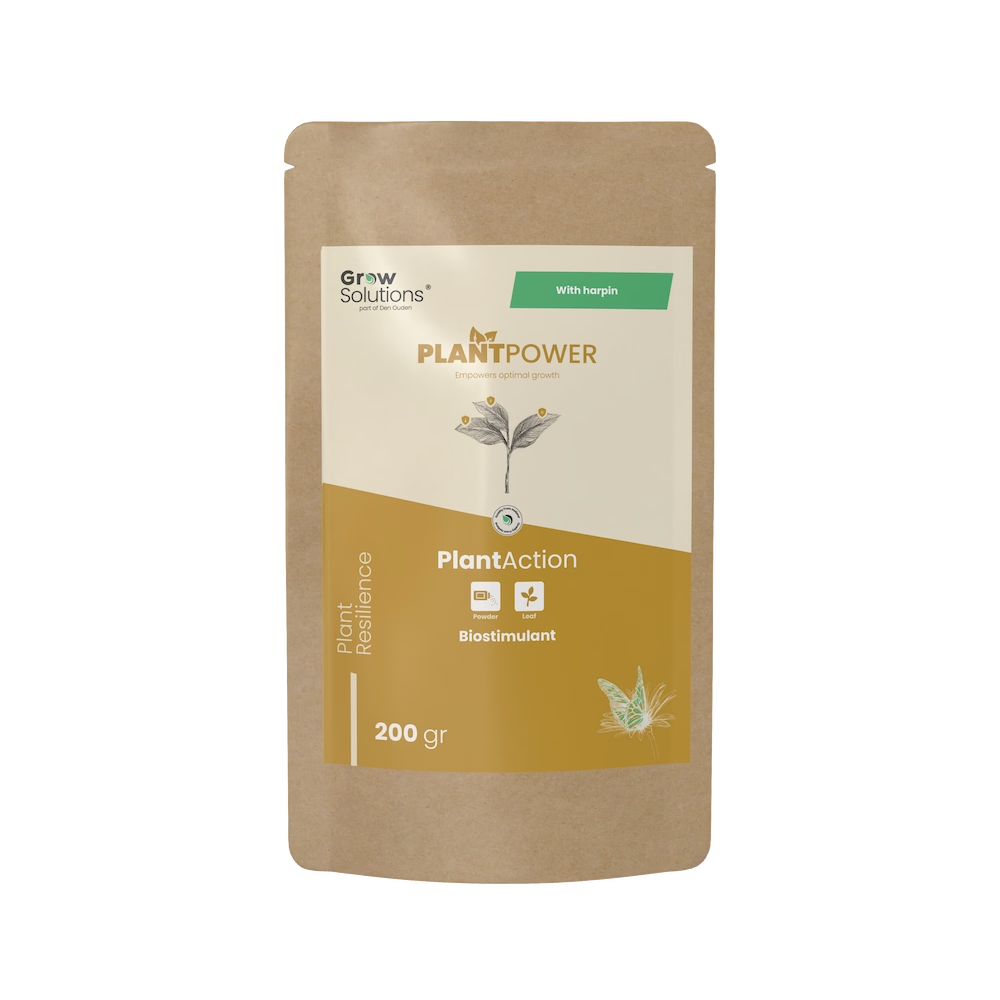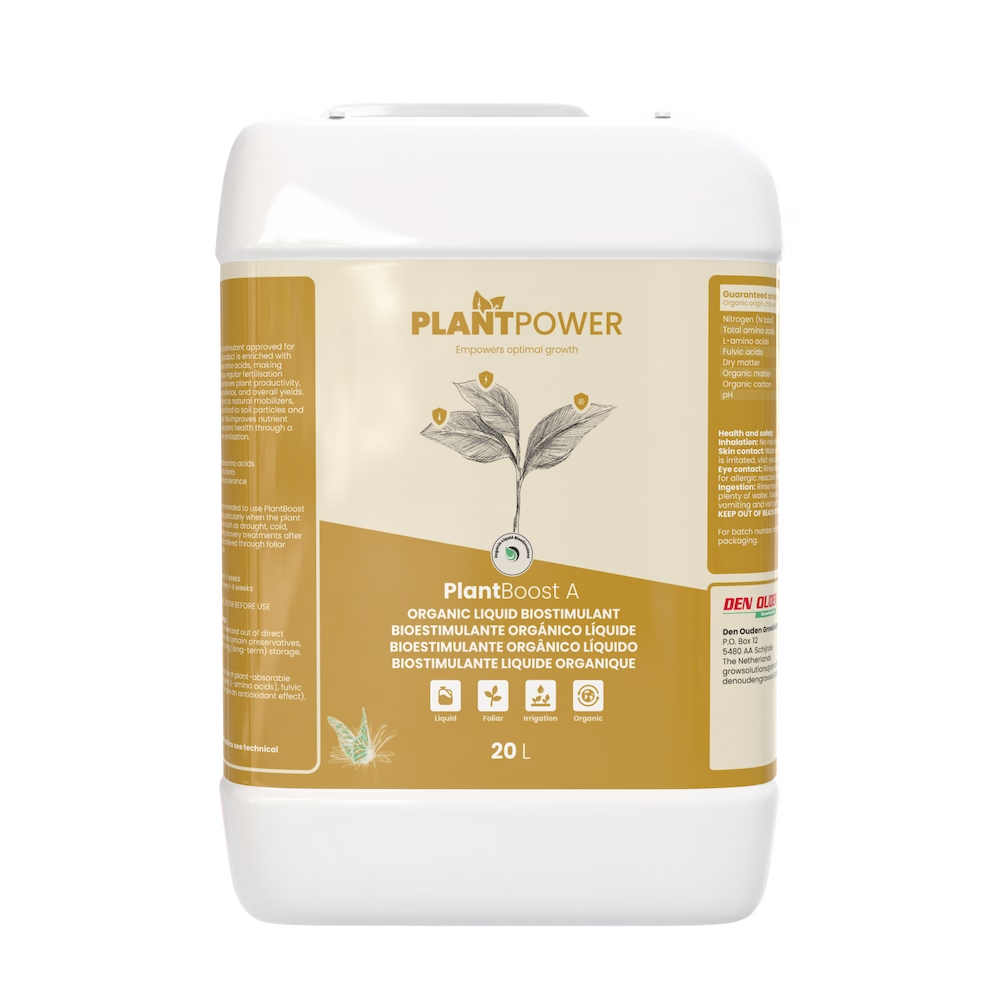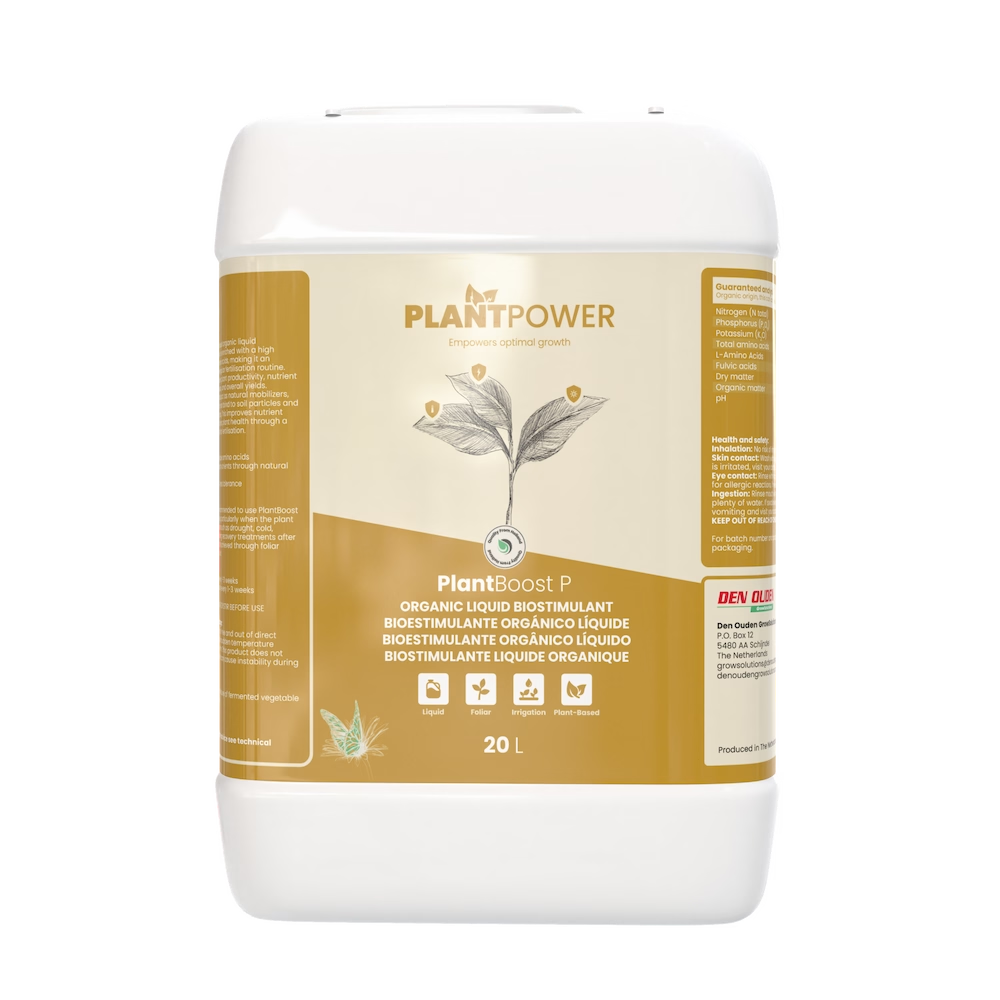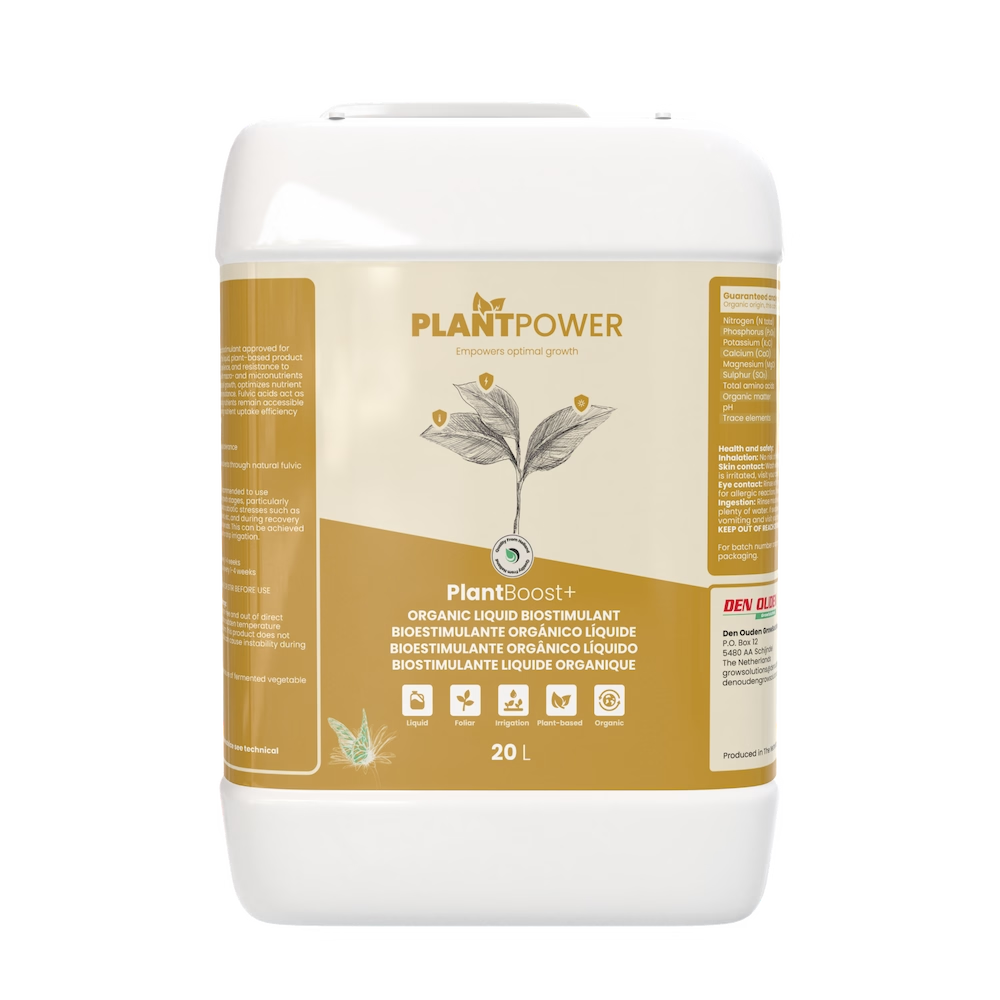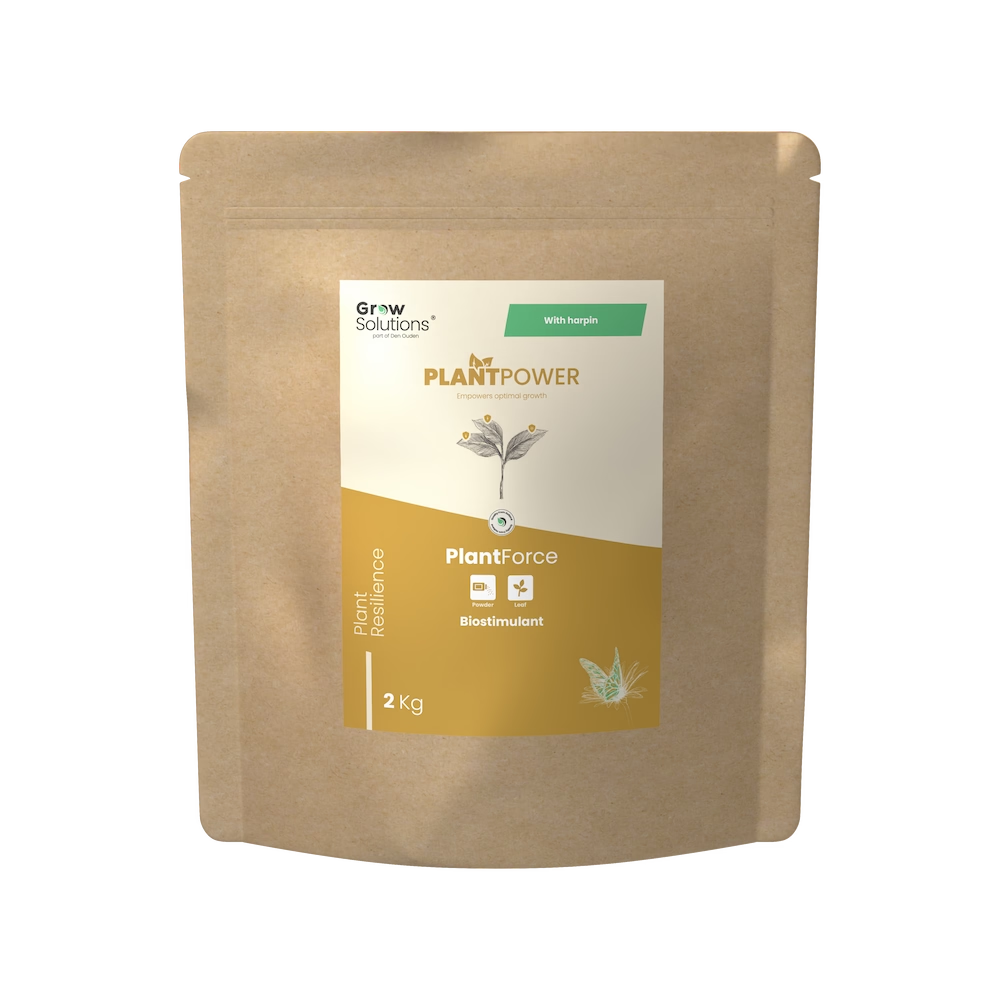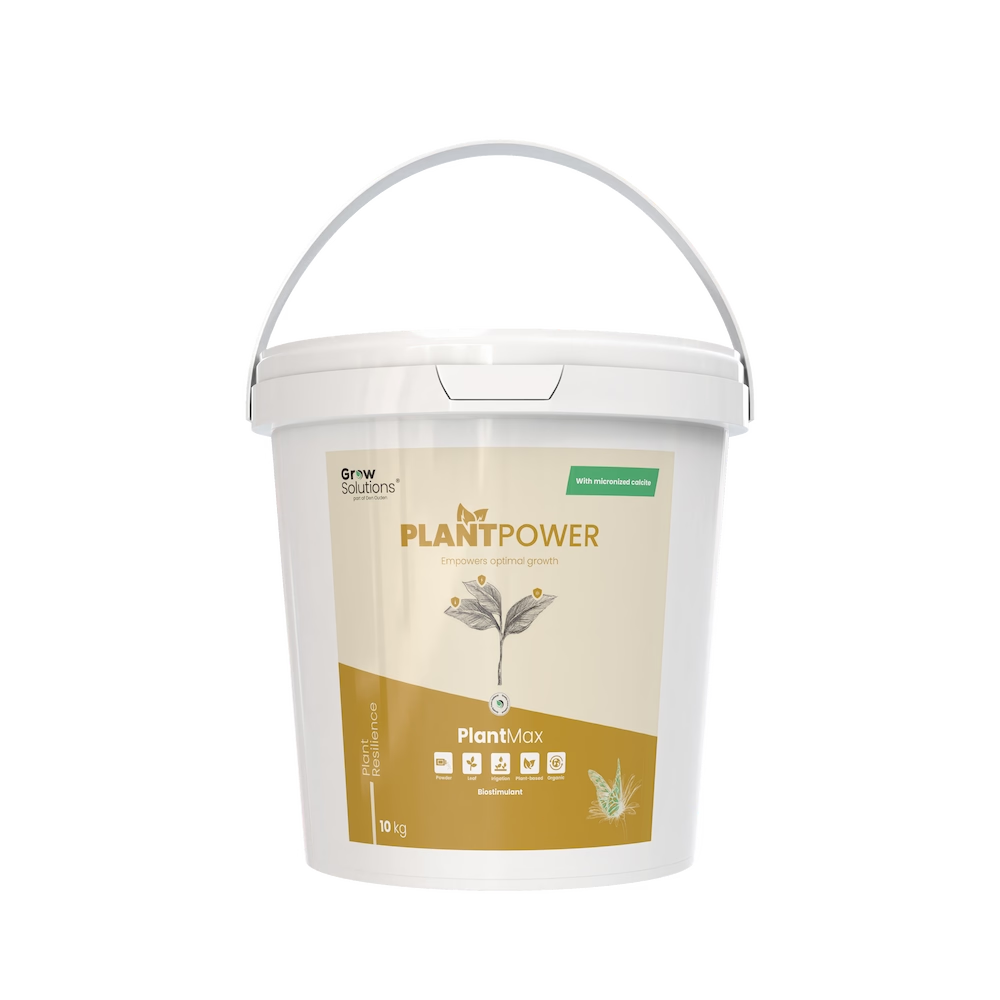Range folder
Strengthen crop and soil resilience with our Plant Resilience category, increasing resilience to external influences. This category provides powerful support to make plants and soil more resilient to various environmental influences, allowing them to thrive regardless of challenges. Plant Resilience is an essential category, our range goes beyond this specific focus. Explore our comprehensive solutions in other categories, each designed to meet specific crop and soil needs.
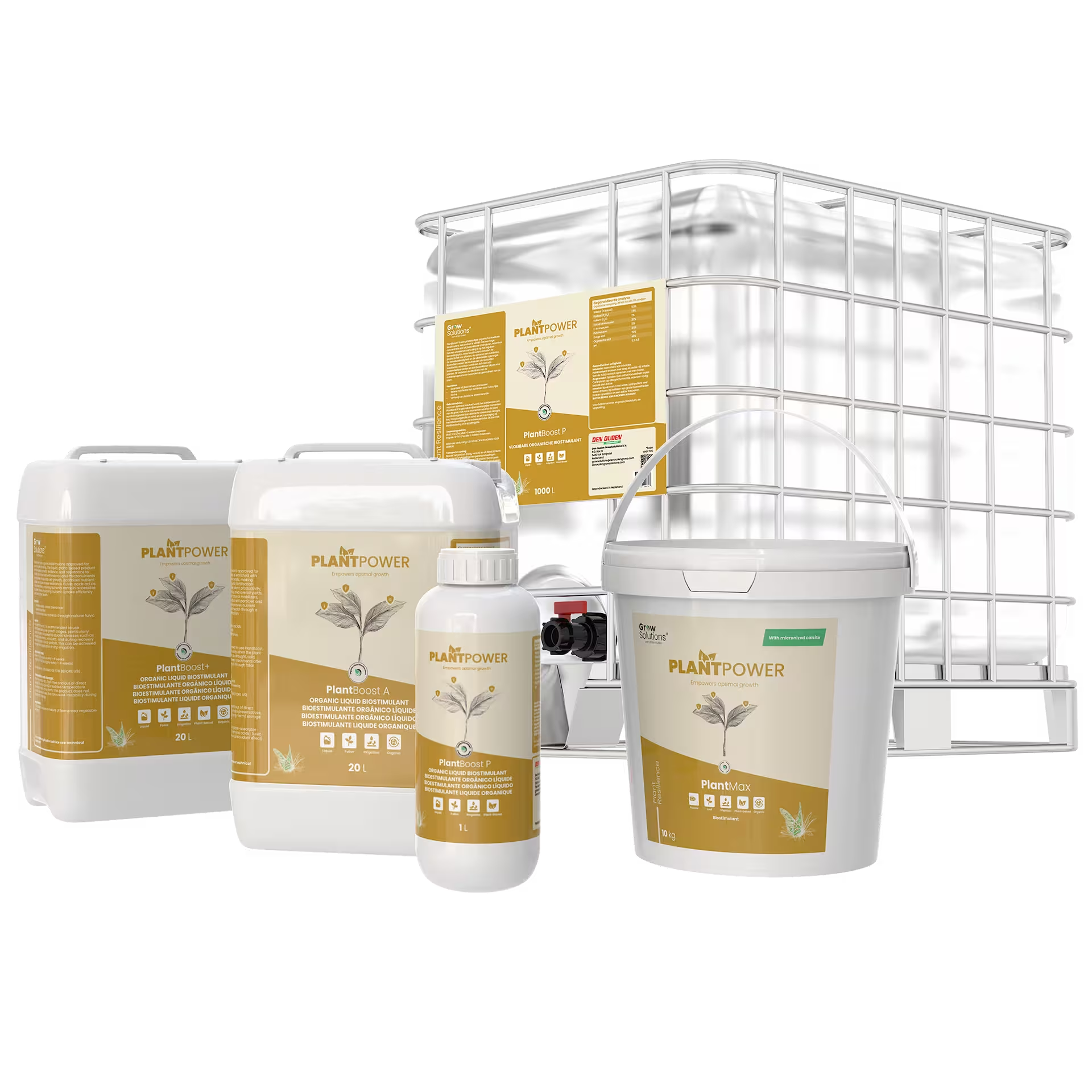

Enhance crop and soil resilience with our Plant Resilience category, bolstering against external factors. This support ensures thriving plants despite challenges.
Beyond this, explore our diverse solutions in other categories, each tailored to specific needs. For a comprehensive approach to agricultural challenges, we invite growers to explore how our wide range of products can benefit any farming business.














